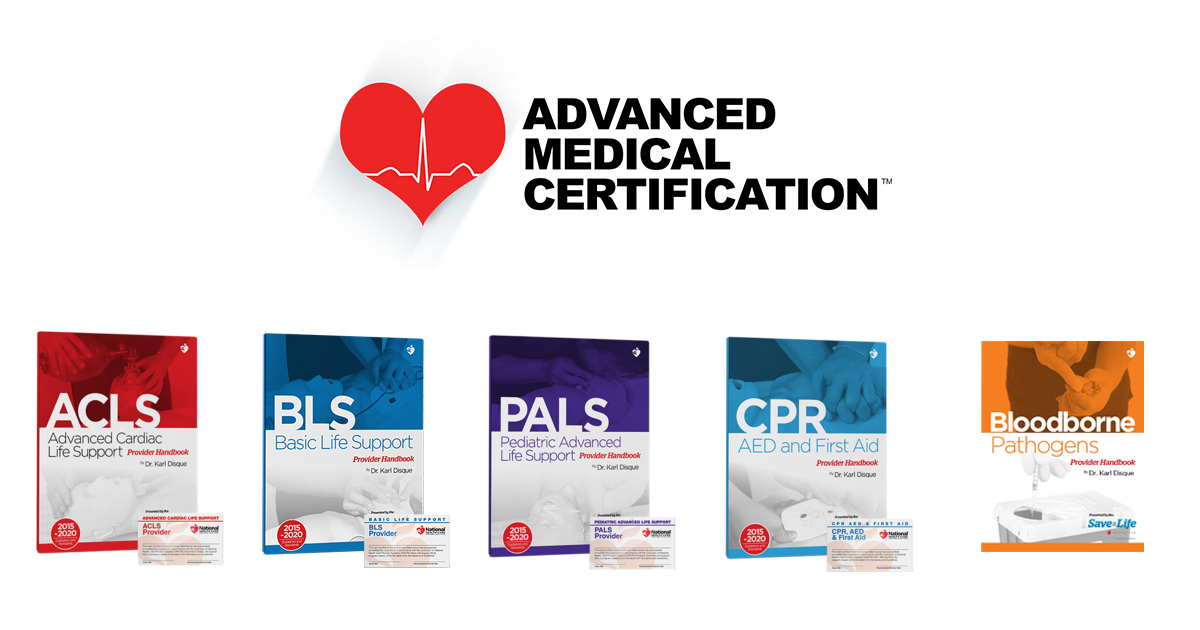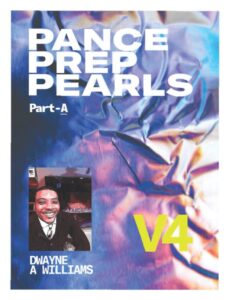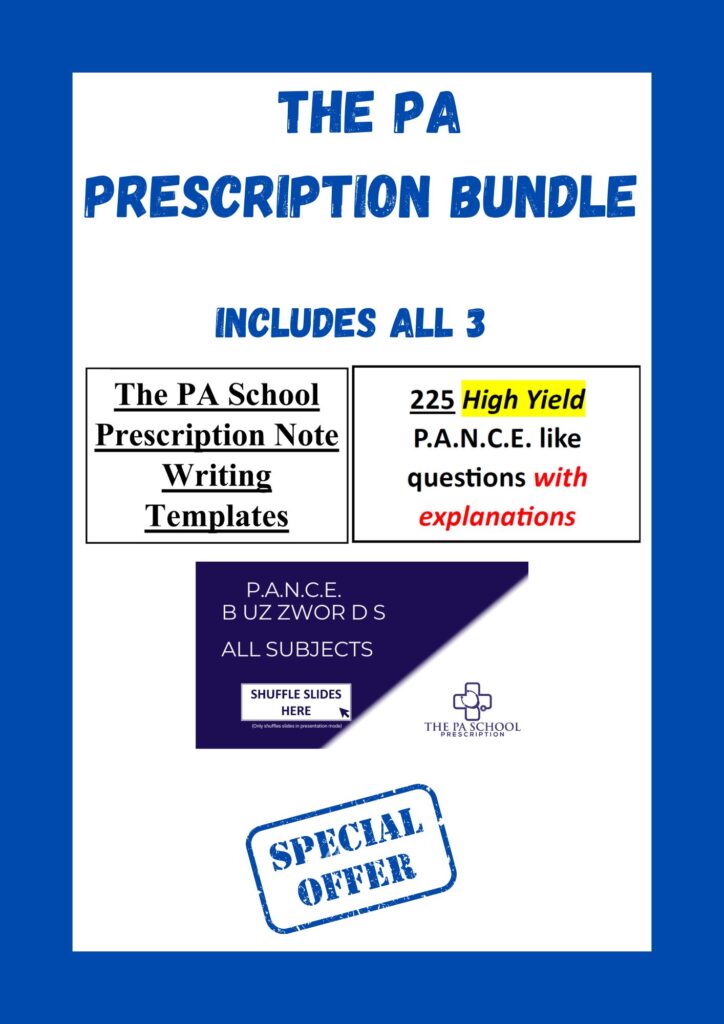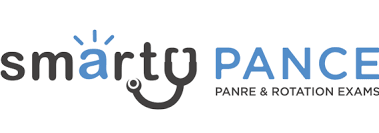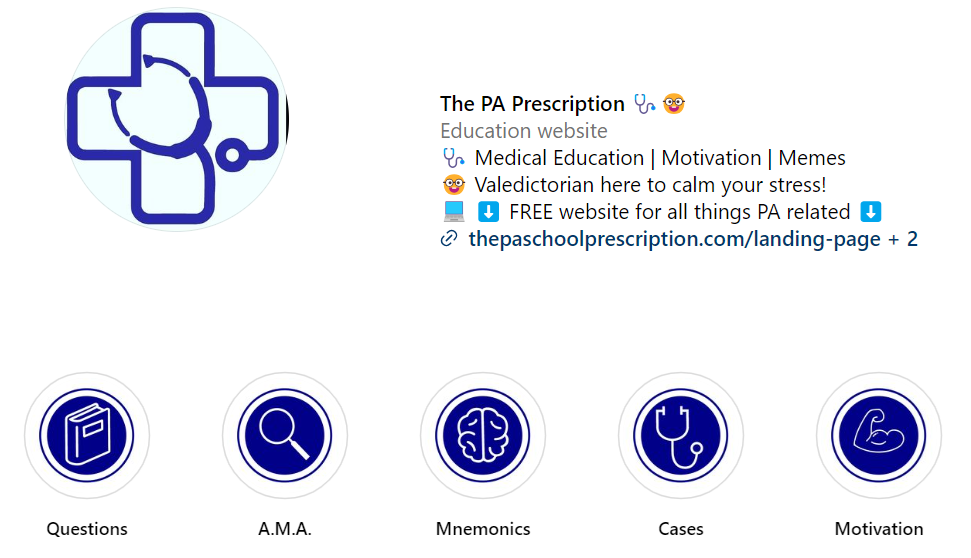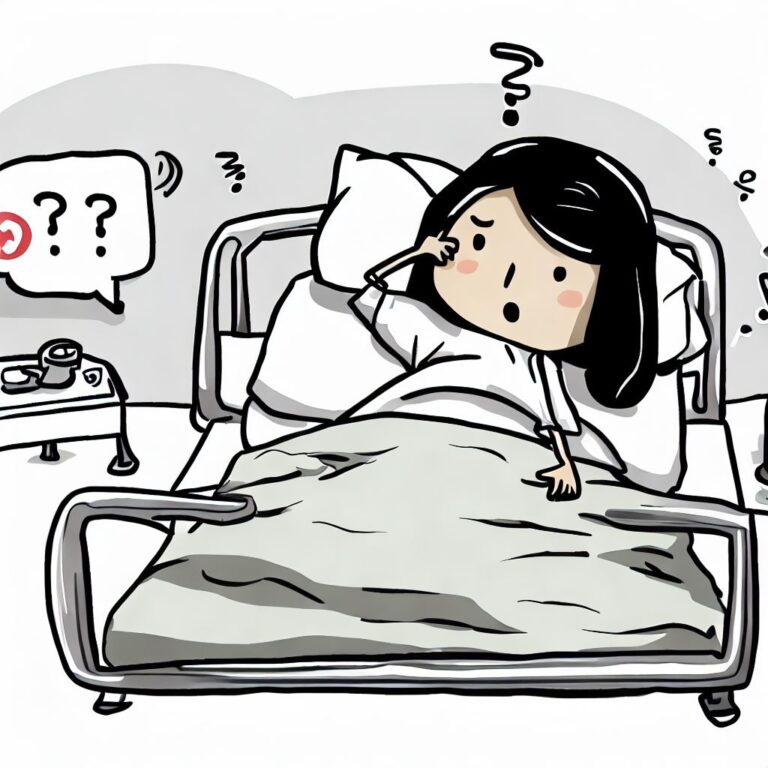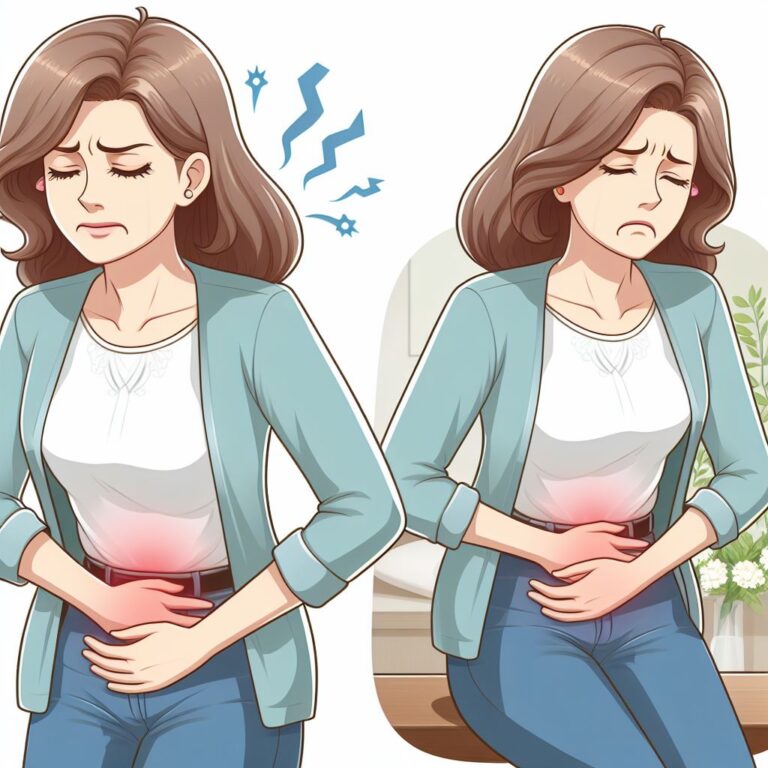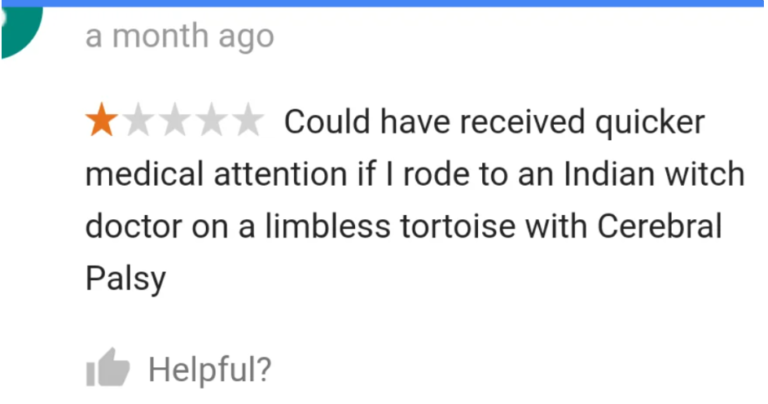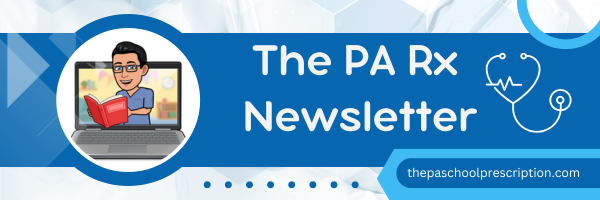
Thank you for subscribing to the The PA Rx Newsletter!
Today in 10 minutes or less, you’ll learn
- Study tips and tricks
- What’s Hot in Healthcare
- “…and out of nowhere, I got hit with dentures”
Study smarter, not harder!
As the Valedictorian of my PA class, I know a thing or two about studying. PA school was no joke and it took a lot of sacrifice and late nights to excel. After dedicating two years of my 20s learning medicine, I have summarized the top tips I used in school to help me succeed:
- Chunk Your Material: Break down your study material into smaller, manageable sections. This approach helps prevent being overwhelmed and makes it easier to absorb and retain information.
- Active Recall: Instead of just re-reading your notes, actively quiz yourself on the material. This technique strengthens memory retrieval and helps identify areas that need more attention.
- Teach Someone Else: Explain concepts to a friend, family member, or even an imaginary audience. Teaching the material to someone else reinforces your understanding and highlights areas you might still need to clarify.
- Variety in Resources: Don’t rely solely on one resource. Combine textbooks, online articles, videos, and practice questions to gain a well-rounded perspective and reinforce your understanding.
- Healthy Breaks: Study sessions are more effective when you take regular breaks. Use techniques like the Pomodoro Technique (25 minutes of focused study followed by a 5-minute break) to maintain productivity and prevent burnout.
What’s Hot in Healthcare!
 |
This is an interesting article from STAT News about using spinal cord stimulation to help restore movement and function in paralyzed limbs after stroke. Here are a few key points:
- Researchers applied electrodes to the spines of 5 patients who had arm paralysis from strokes 6 months to 5 years prior.
- The electrodes delivered a gentle electrical current to the spinal cord which activated nerve circuits and led to movement in the paralyzed arm and hand muscles.
- Patients were able to grasp objects, manipulate items, and perform everyday tasks after just a few weeks of stimulation therapy.
- Improvements lasted for at least a year after the electrodes were implanted.
- This technique shows promise for rerouting signals around damaged areas of the brain after stroke to regain motor function.
- More research is needed to confirm effectiveness and safety, but it offers hope for stroke survivors with paralysis.
- If proven successful in larger trials, it could become a useful rehabilitative approach alongside physical/occupational therapy.
In summary, spinal cord stimulation is an innovative approach that may help patients recover movement after paralyzing strokes. This kind of information hits close to home as my brother is a robotic engineer and works on projects just like this!
“…and out of nowhere, I got hit with dentures”
And now for what you’ve been waiting for! A little humor to round things off. And before you think, “Did he just make up this story?” No. This is based on real events. Now here we go.
During one of the spikes in COVID-19 in my area, I walkeed into room 6. In room 6, I encountered a 72 year-old female with a chief complaint of sore throat, chills, and malaise x 2 days. The COVID-19 rapid test came back negative and while obtaining a history, I quickly checked the rapid strep and flu that were run as well. Both negative. After I felt like I obtained enough of a history, I moved onto the physical exam. I personally start with evaluating the ears then move onto the throat. As I whip out a tongue depressor and tell the patient to say “Ahh” I am able to get a glance at the posterior pharynx. As my eyes are locked on this woman’s throat, she decides to ask a question.
As she starts talking, mind you there’s a tongue depressor in her mouth, her top denture becomes loose. As she attempts to catch it she misses and causes it to propel directly at the object in front of her. Me! As her saliva filled denture hits my mask it drops to the floor. As she is equally startled, and embarrassed, I go to grab a paper towel to help her pick it up. As I turned back around, she used her bare hand to pick up the dentures off the clinic floor and she just popped them right back into her mouth.
Beyond stunned, my medical scribe and I just look at each other speechless. I quickly finished my physical exam and gave her all the penicillin. Kidding. But not really.
Thats all for today.
Thanks for reading,


